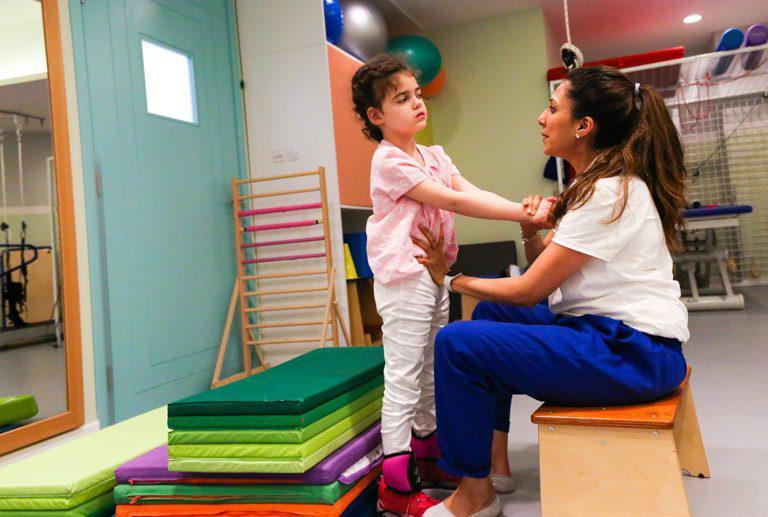
Pediatric physiotherapy is a type of physical therapy that is specifically designed for children. It focuses on improving their overall motor skills, strength, coordination, and flexibility. This can greatly benefit children who have developmental delays, musculoskeletal disorders, or injuries. While most pediatric physiotherapy sessions are conducted in a clinical setting, parents play a vital role in supporting and facilitating their child’s progress at home.
Let’s discuss the importance of parental involvement in pediatric physiotherapy and provide practical tips on how parents can support their child’s treatment plan.
Encouraging daily practice:
Physiotherapy exercises work best when practised regularly. Parents can help by setting aside a specific time each day for home exercises. Making it part of the daily routine, such as after school or before bedtime, ensures consistency. Even short sessions can make a big difference in improving strength, balance, and mobility.
Creating a safe and comfortable space:
A suitable space at home is essential for physiotherapy exercises. Parents should ensure the area is free from obstacles and has enough room for movement. A non-slip mat, stable furniture, and good lighting create a safe and comfortable environment for therapy activities.
Making therapy fun and engaging:
Children respond better to activities that feel like play rather than exercises. Parents can turn therapy into a game by using toys, colorful props, or playful challenges. Simple activities like balancing on one foot while counting, playing with a therapy ball, or using music for movement exercises make therapy enjoyable.
Providing positive reinforcement:
Encouragement goes a long way in keeping children motivated. Praising their efforts, rather than just the results, builds confidence and makes them more willing to participate. Simple words like “Great job!” or rewarding them with a sticker or extra playtime can make a big difference.
Communicating with the physiotherapist:
Parents should stay in touch with the physiotherapist to understand their child’s progress and any adjustments needed for home exercises. Asking questions and following their guidance ensures that therapy is done correctly and safely. If any difficulties arise, the therapist can suggest modifications to make exercises more manageable.
Being patient and supportive:
Progress in physiotherapy takes time, and every child improves at their own pace. Parents should be patient and avoid putting too much pressure on their child. If a child is tired or frustrated, taking a break and trying again later is better than forcing them to continue.